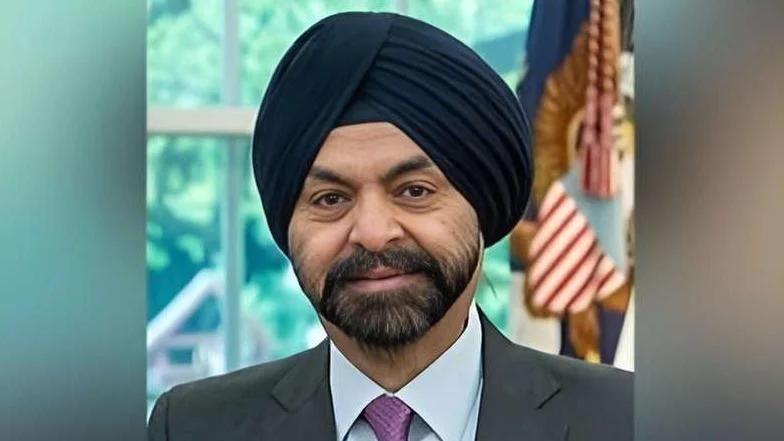The Asian Development Bank (ADB) and the World Bank (WB) have signed a new Full Mutual Reliance Framework (FMRF), marking a significant collaboration between the two institutions. This initiative aims to streamline project processing for cofinanced public sector projects, enhancing efficiency and delivering faster results for borrowing clients.
The FMRF allows borrowers in joint WB-ADB projects to use either institution's policies and procedures for all project stages, from design to evaluation. The framework is anticipated to improve efficiencies, save time and costs, and better align policies, promoting a more cohesive Multilateral Development Bank System.
This development responds to international calls, including those from the G20, for multilateral development banks to work more cohesively to maximize impact on escalating development challenges.
"The Full Mutual Reliance Framework is a significant step in our collaboration with the World Bank and will deliver lasting benefits to communities and economies across Asia and the Pacific," stated ADB President Masatsugu Asakawa. "By leveraging our respective strengths, we can enhance efficiency, scale impact, and provide a strong platform for sustainable and inclusive growth."
World Bank Group President Ajay Banga commented, "This partnership between the World Bank Group and the Asian Development Bank is a testament to the deep trust and abiding confidence between our institutions. It reflects a broader shift in development finance—where collaboration, not competition, delivers greater impact. By combining our strengths, we are making it faster, easier, and more cost-effective for countries to access the support they need. More than just an agreement, this is a model for how development banks can work together to drive better outcomes for the people we serve."
Initially applying to selected public sector projects during a four-year phase starting in 2025, the framework builds on past cofinancing efforts like the Procurement Framework Agreement of 2018. It incorporates insights from engagements with civil society organizations, borrower countries, and other stakeholders.
The FMRF is expected to serve as a model for deeper collaboration among multilateral development banks while addressing pressing development needs through knowledge sharing and innovation.

